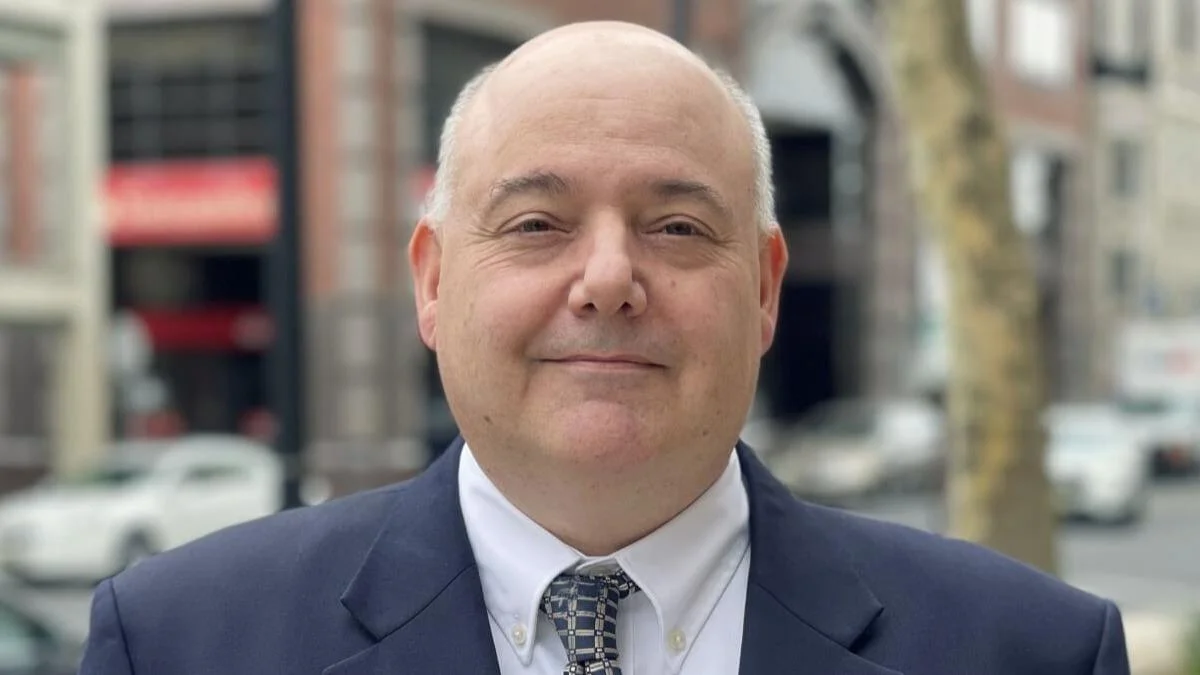
The Township of Parsippany-Troy Hills violated New Jersey procurement law by paying a vendor nearly $1.3 million to repair and renovate a municipally owned golf club without seeking competitive bids, according to a new report by the New Jersey Office of the State Comptroller (OSC).
OSC’s investigation—initiated after receiving an anonymous tip—found that Parsippany improperly used an “emergency exception” to bypass public bidding requirements when there was no emergency. This occurred when it hired a general contractor to repair and renovate parts of a clubhouse at the township-owned Knoll Country Club in 2020 and 2021.
Under New Jersey’s Local Public Contracts Law (LCPL), municipalities with qualified purchasing agents, such as Parsippany, are required to publicly advertise and solicit bids if the contracts are valued at over $44,000. Local governments are permitted to use “emergency” contracts, foregoing the public bidding process, only when addressing true emergencies involving imminent public health and safety threats.
Although the improvements to the clubhouse took place during the COVID-19 pandemic, OSC found that none of the repairs and renovations directly addressed imminent risks to public health and safety. Additionally, Parsippany failed to comply with state law and its own procurement rules requiring that it document the need for the emergency contract and have it put before the Township Council for a public vote. It could not produce any written documentation showing that the then-Business Administrator had ever approved the renovation project, as legally required.
“Procurement laws were enacted to safeguard public funds by fostering competition and reducing the risk of wasteful spending,” said Acting State Comptroller Kevin Walsh. “Circumventing these requirements increases the risks of fraud, waste, and abuse and undermines the public’s trust in government.”
In response to seeing a draft of this report, Parsippany agreed with OSC’s findings that it violated state and local procurement rules and noted that it “has separated with all employees” involved. Additionally, Parsippany stated it would conduct internal training to ensure procurement laws and rules are followed.
On March 22, 2020, one day after Governor Murphy issued a “Stay-at-Home” order due to the COVID-19 outbreak, OSC found that Parsippany authorized a contractor to start mold and water remediation without seeking any other quotes. Three months later, it authorized the same contractor to begin demolishing and rebuilding clubhouse turrets without seeking competitive bids. A few months after that, renovations began on converting part of the clubhouse into a public bar and restaurant.
The total bill was nearly $1.3 million for work performed as an “emergency” without public bidding.
OSC found—and Parsippany now agrees—that none of these conditions warranted using an emergency exception; since the building was closed to the public, mold did not pose an imminent risk.
Parsippany is not alone in this issue; Gloucester County improperly awarded a $5 million “emergency” road construction contract in 2020. Another OSC report in 2024 also found Essex County overused emergency contracts while administering a $40 million vaccination program.
“Under law, emergency contracts should be used sparingly,” said Walsh. “A pandemic or any other disaster cannot be used as a catch-all excuse to avoid competition and requirements that protect taxpayer funds.”